Africa
US, Ukraine sign minerals deal after Kiev agrees to pay for war support

The U.S. and Ukraine on Wednesday signed off on a deal that will give Washington access to Ukraine’s vast critical minerals and natural resources, finalizing an agreement weeks in the making to compensate the U.S. for its help in repelling Russia’s invasion.
The two sides offered only barebone details about the structure of the deal, which they called the United States-Ukraine Reinvestment Fund. But it is expected to give the U.S. access to Ukraine’s valuable rare earth minerals while providing Kyiv a measure of assurance about continued American support in its grinding war with Russia.
The announcement comes at a critical moment in the three-year war as Trump has grown increasingly frustrated with both sides. The signing comes two months after a different but similar agreement was nearly signed before being derailed in a tense Oval Office meeting involving President Donald Trump, Vice President JD Vance and Ukranian President Volodymyr Zelenskyy.
Earlier Wednesday, Bessent said during a Cabinet meeting at the White House — hours after Ukrainian officials indicated a deal was nearly finalized — that there was still work to do.
“The Ukrainians decided last night to make some last-minute changes,” Bessent said when asked about reports that Ukraine was ready to agree to the pact. “We’re sure that they will reconsider that. And we are ready to sign this afternoon if they are.”
He didn’t elaborate as to the late changes he said Ukraine made.
The U.S. has been seeking access to more than 20 raw materials deemed strategically critical to its interests, including some non-minerals such as oil and natural gas.
The negotiations come amid rocky progress in Washington’s push to stop the war.
Africa
Egypt and Angola strengthen bilateral ties during Cairo meeting
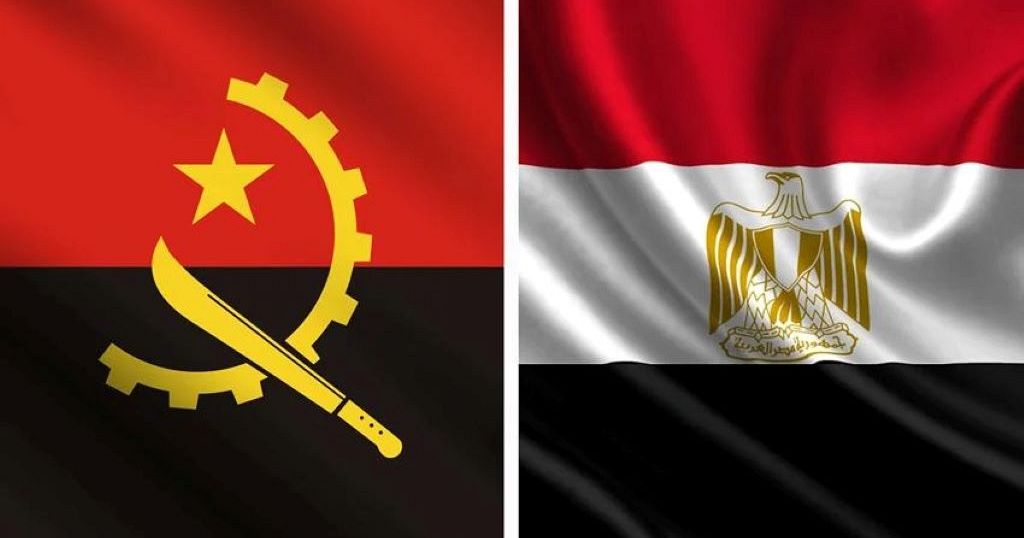
Egyptian President Abdel Fattah El-Sisi welcomed his Angolan counterpart João Lourenço to Cairo on Tuesday.
El-Sisi emphasised the importance of advancing political, economic, and investment ties between the two countries, building on their historical relationship.
“A number of memoranda of understanding have been signed in the fields of communications, information technology, housing, and infrastructure, which will contribute to strengthening cooperation in these areas,” he said
Trade between the two countries reached $34,2 million in 2024, representing an increase of 60 per cent.
The two leaders also discussed key African and international issues including water scarcity, climate change, and the wars in Sudan and Gaza.
El-Sisi praised Lourenço’s mediation efforts in the ongoing conflict in the eastern Democratic Republic of Congo.
Both men stressed the need for a unified African positions on global challenges and stronger representation of the continent in international bodies.
Africa
South Africa to probe whether prosecutions of apartheid crimes were blocked
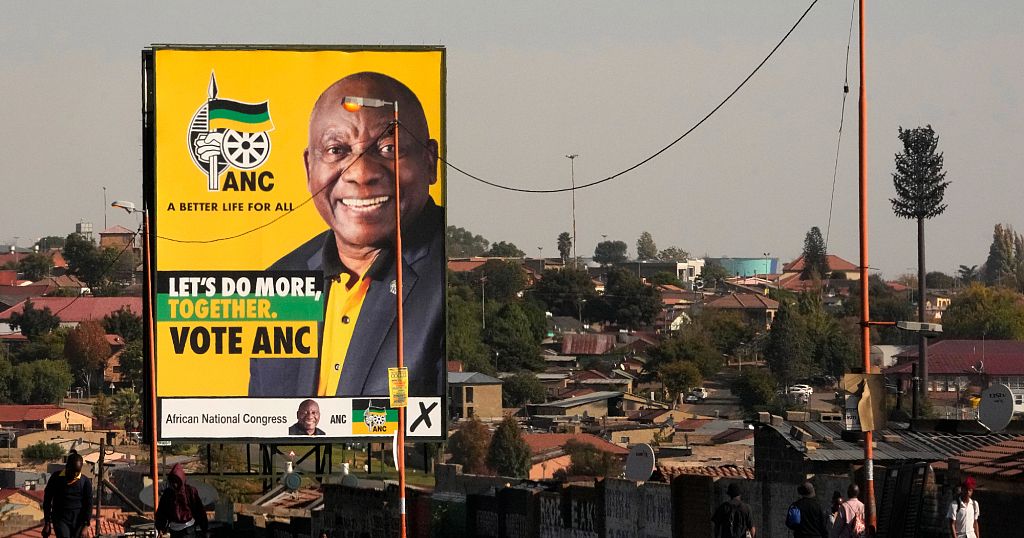
South African President Cyril Ramaphosa ordered an inquiry Wednesday to establish whether previous governments led by his party intentionally blocked investigations and prosecutions of apartheid-era crimes.
The landmark move, which survivors and families of those who were killed have demanded for more than 20 years, will address allegations of “improper influence in delaying or hindering” investigations that have been levelled against post-apartheid governments led by the African National Congress party, Ramaphosa’s office said in a statement.
The ANC was the organization at the forefront of the battle against the system of white minority rule and led South Africa to democracy in 1994. But ANC-led governments since then have been criticized by some for prioritizing national reconciliation ahead of justice for victims.
Ramaphosa’s announcement of a judicial commission of inquiry came after 25 survivors and relatives of victims of apartheid-era crimes launched a court case against his government in January seeking damages. They alleged that successive South African governments since the late 1990s had failed to properly investigate unresolved killings, disappearances and other crimes during the time of forced racial segregation despite recommendations made by the post-apartheid Truth and Reconciliation Commission.
The new inquiry was part of a settlement agreement in the January court case, Ramaphosa’s office said.
“President Ramaphosa appreciates the anguish and frustration of the families of victims, who have fought for so many years for justice,” it said.
The Truth and Reconciliation Commission was set up in 1996 by then-President Nelson Mandela under the chairmanship of fellow Nobel Peace Prize winner Desmond Tutu. Its mission was to expose and record apartheid-era crimes and give some of those responsible an opportunity to confess their role, including members of the apartheid government’s state security forces that were implicated in many killings.
Some were granted amnesty from prosecution, but others didn’t come forward and thousands were denied amnesty.
One of the most prominent unresolved cases is that of the Cradock Four, a group of Black anti-apartheid activists who were abducted and murdered by security forces in 1985. Their bodies were burned and security officers were suspected of torturing them.
Six former police officers appeared before the commission in 1999 over the murders of Fort Calata, Matthew Goniwe, Sicelo Mhlauli, and Sparrow Mkonto, but none of them were granted amnesty.
No one has been prosecuted for the killings and the circumstances of the deaths have never been fully revealed. They are among the thousands of crimes during apartheid where victims and families still haven’t seen justice.
Lukhanyo Calata, whose father Fort was one of the Cradock Four, is part of the group that took the current South African government to court in January. He said at the start of that court case that successive South African governments since the administration of President Thabo Mbeki from 1999-2008 had failed to act on the commission’s recommendations and had denied victims and their families justice. He and other relatives say that government ministers intervened to prevent the investigation and prosecution of crimes.
While the majority of the victims of apartheid-era crimes were Black, whites have also sought justice decades later.
Africa
Thousands of people rally in support of Burkina Faso’s transitional president
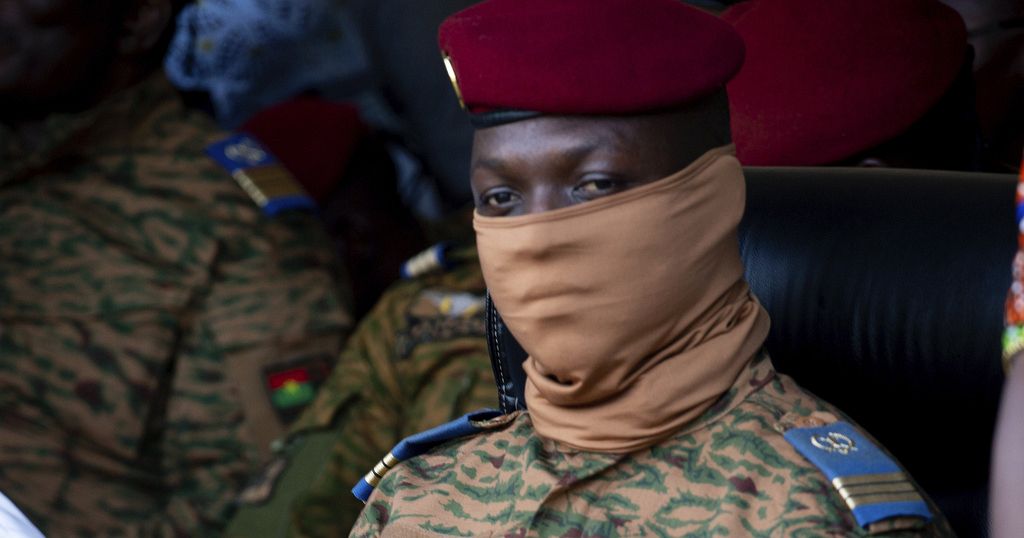
Thousands of people rallied in Burkina Faso’s capital, Ougadougou, on Wednesday in support of transitional President Captain Ibrahim Traoré.
With placards in hand and whistles blowing, they were angry over remarks made by the head of United States’ military in Africa, General Michaël Langley.
Earlier this month, he accused Traoré of using the country’s mining resources to benefit the junta instead of the people.
Burkinabé musician, Ocibi Joan, who came to the protest said Langley and especially “the predators” should stop lying.
“Burkina Faso is not against anyone, but we will no longer tolerate looting. The general is a liar. We own it, we use it whenever we want, and sell it to whomever we want,” he said.
Demonstrator Haroun Sawadogo said that “if they want to eliminate Captain Traoré, they should eliminate the people first”.
“What we experienced in the 1987 [assassination] will not be repeated. What happened to Captain Sankara will not happen to Captain Traoré. We will go all the way to defend our President.”
The rally comes days after the military authorities said they’d uncovered what they described as a “plot” to overthrow the government.
Several members of parliament attended the gathering including Prime Minister Jean Emmanuel Ouédraogo.
He told the crowd that the time had come to “never again kneel before the world”.
“May the people of Burkina Faso free themselves once and for all, and may the people of the Sahel free themselves permanently,” he said.
The demonstrators came from across the country in what was the biggest show of support for the junta since Traore seized power in a September 2022 coup.
-

 Lifestyle2 days ago
Lifestyle2 days agoAfter a year of turmoil, The Washington Post is taking note of its journalism again
-

 Europe2 days ago
Europe2 days agoWhat caused the power outage in Spain and Portugal? Here’s what we know
-

 Africa2 days ago
Africa2 days agoResearchers study using planes to cool the earth amidst global warming
-
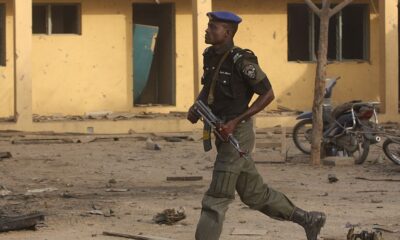
 Africa2 days ago
Africa2 days agoBomb Blast Kills 26 in Northeast Nigeria
-
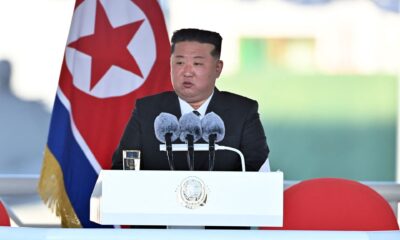
 Conflict Zones1 day ago
Conflict Zones1 day agoAbout 600 North Korean soldiers killed in war in Ukraine, lawmakers say | Russia-Ukraine war News
-

 Asia2 days ago
Asia2 days agoFall of Saigon: US officers who broke rank to save lives recall final days of Vietnam War 50 years on
-
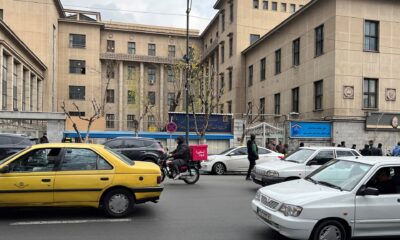
 Middle East1 day ago
Middle East1 day agoIran hangs man convicted of spying for Israel’s Mossad | Espionage News
-
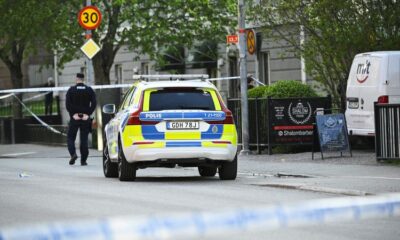
 Europe1 day ago
Europe1 day ago16-year-old suspect detained after 3 killed in shooting in Sweden




